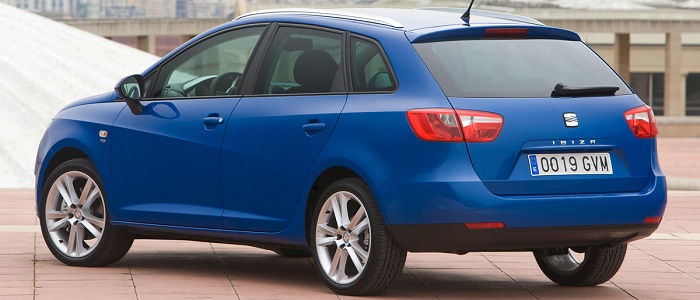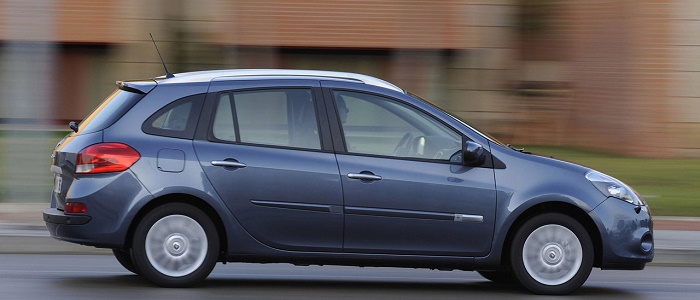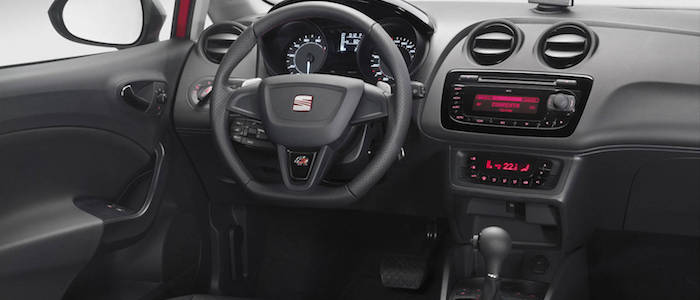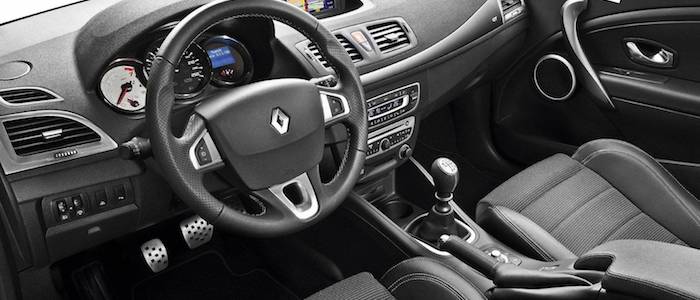Compare two cars
Compare any two cars and get our Virtual Adviser™ opinion
Dimensons & Outlines
Check vehicle history
Engine
Performance (manual gearbox)
Performance (automatic gearbox)
Expenses
Virtual Adviser's™ opinion
Well, these are two pretty similar cars we have here! It's only details that could potentially make the difference. Considering they both belong to the city car segment and utilize the same 5-door wagon body style and the front wheel drive system, it all comes up to the specific diesel engine choice they offer. The first one has a Volkswagen-engineered powertrain under the hood, a 3-cylinder, 12-valves 75hp unit, while the other one gets its power and torque from a 4-cylinder, 8-valves 86hp engine designed by Renault.
SafetyA starting point here would be to take a look at the results from European New Car Assessment Programme (Euro NCAP) tests which were performed on both of the cars, with the same number of safety stars gained in the process. That aside, let's consider some other aspects which affect safety. Both vehicles belong to the city car segment, which is generally not a very good thing safety-wise, still it doesn't help us solve our dilemma, does it? On the other hand, when it comes to weight, a factor that most people underestimate, the French car offers a marginal difference of 6% more metal.
ReliabilityManufacturers have been building their reliability reputation for decades now and, generally speaking, it appears that Renault does have a slight advantage, all the models observed together. That's the official data, while our visitors describe reliability of Seat with an average rating of 4.5, and models under the Renault badge with 4.2 out of 5. Some independent research have also placed Ibiza as average reliability-wise, and Clio is more or less at the same level.That apart, owners of different cars powered by the same engine as the Spanish car rank it on average as 4.2, while the one under the competitor's bonnet gets 4.3 out of 5.
Performance & Fuel economyRenault is undoubtly more agile, reaching 100km/h in 1.2 seconds less than its competitor. In addition to that it accelerates all the way to 174 kilometers per hour, 1km/h more than the other car. When it comes to fuel economy the winner has to be the Spanish car, averaging around 3.4 liters of fuel per 100 kilometers (83 mpg), in combined cycle. We can't ignore that 38% difference compared to the French car.
Verdict
Renault appears just a bit more reliable, although the difference is truly marginal. The most important thing when deciding between any two vehicles should always be safety, both passive and active. In my opinion, everything taken into account, the French car offers slightly better overall protection and takes the lead. It all continues in the same direction, with Renault outracing its opponent in any situation possible, making it better choice for boy racers. It does come at a cost though, and that's the fuel consumption... At the end, as much as I'd like to give you a winner here, it's simply a pure tie if you ask me. Nevertheless, let's not forget that people have different preferences and needs, so what really counts is your personal feel. I'm only here to help. I suggest you spend two more minutes in order to find out which car, based on your needs and budget, would be picked by the virtual adviser™, out of 12.000+ vehicles we currently have in our database.



































